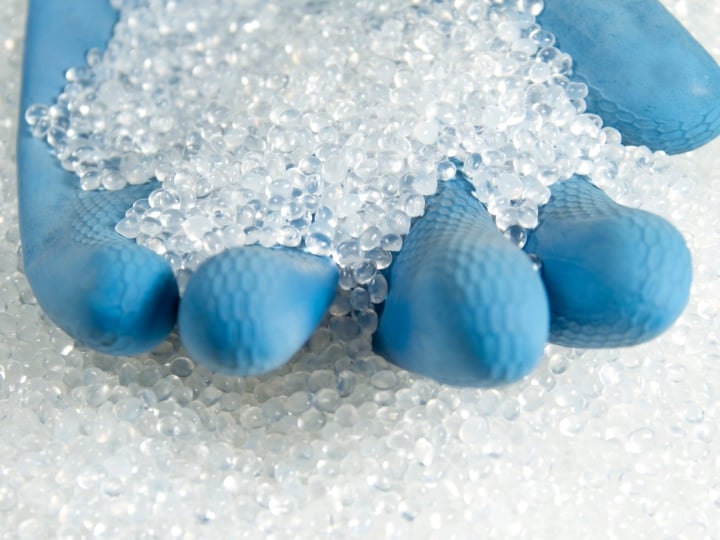Strength properties of adhesively bonded plastic lap-shear sandwich joints in shear, by tension loading ASTM D-3164.
Intertek tests the strength properties of adhesively bonded plastic lab-shear sandwich joint, using the Tension Loading ASTM D-3164 test method.
Strength Properties of Adhesively Bonded Plastic Lap-Shear Sandwich Joints in Shear by Tension Loading ASTM D-3164 / D-3164M Scope:
Test method ASTM D3164 is used to produce shear strength data for joints. ASTM D-3164 is useful for comparing adhesives or evaluation surface treatments. ASTM single-lap-joint shear tests include ASTM D-1002, which specifies lap shear for metal to metal, ASTM D-3163 for plastics joints, and ASTM D-5868 for fiber reinforced plastics (FRP) against itself or metal.
Shear Tension Loading Test Procedure:
The test specimens are placed in the grips of a universal testing machine and pulled until rupture. The grips used to secure the ends of the assembly must align so that the applied force is applied through the centerline of the specimen. The type of failure can be either adhesive (the adhesive separates from one of the substrates), cohesive (the adhesive ruptures within itself) or a break in one of the substrates.
Specimen Size:
The recommended lap shear specimen is 25.4 mm (1”) wide, with an overlap of 12.7 mm (0.5”). The recommended metal thickness is 1.62 mm (0.064”) and the overall length of the bonded specimen should be 177.8 mm (7”). The recommended thickness of the plastic insert is 0.354 mm (0.010”) or less.
Data:
Ultimate Strength (MPa or PSI)
Type of failure (cohesive, adhesive, substrate)
Related Polymer Shear Test Services:

